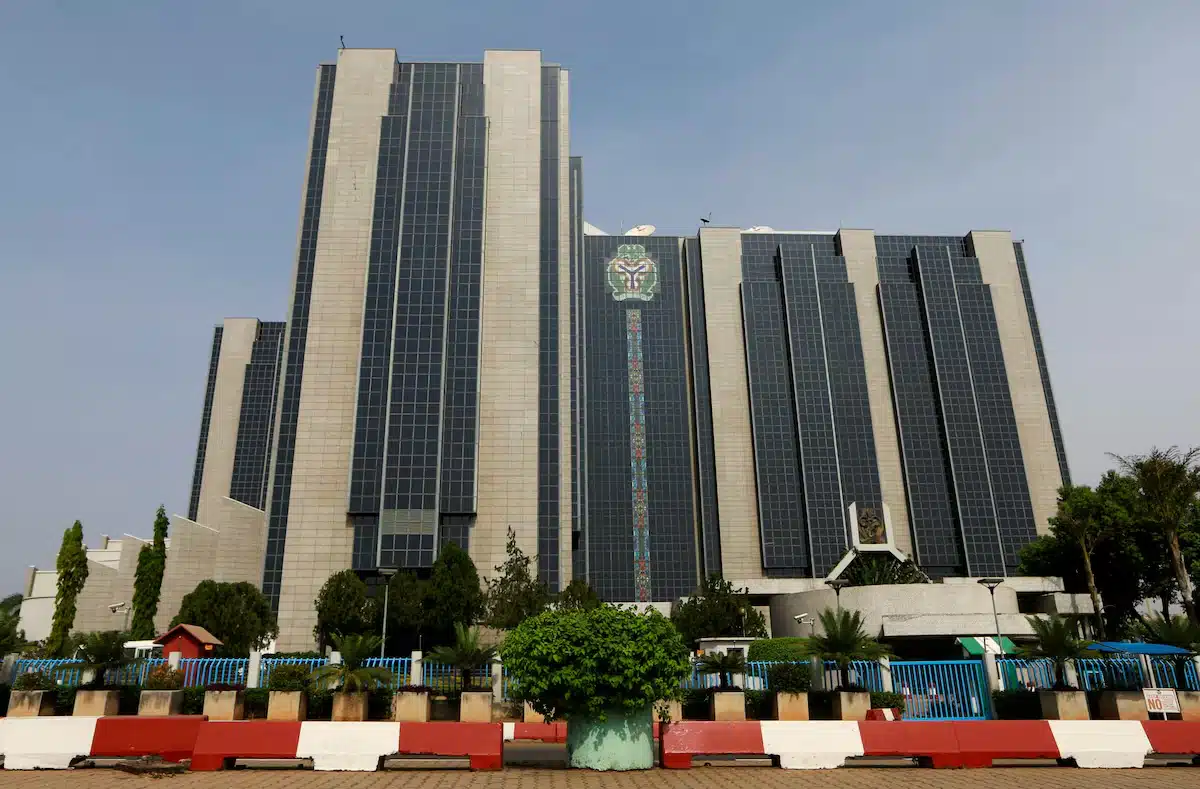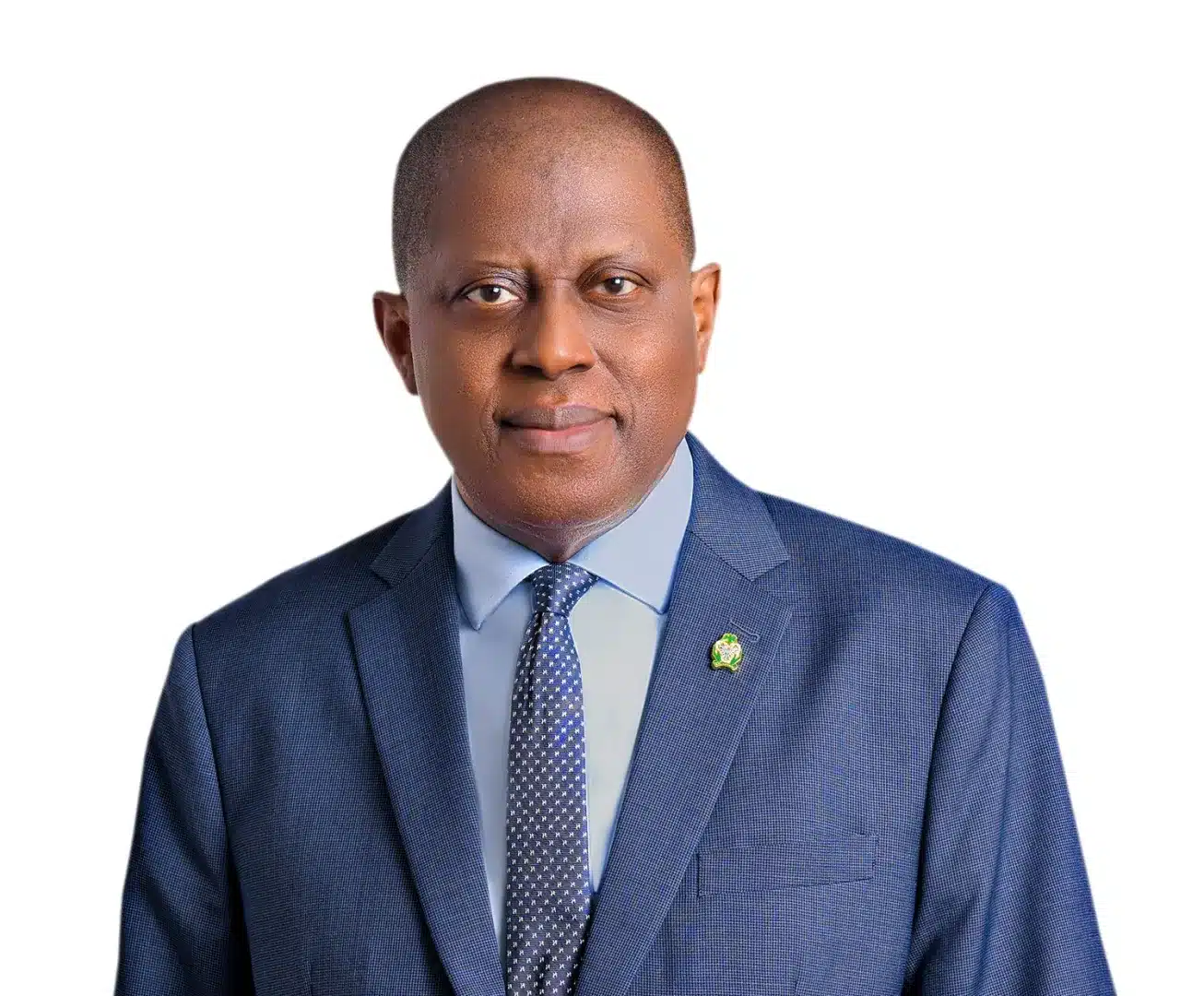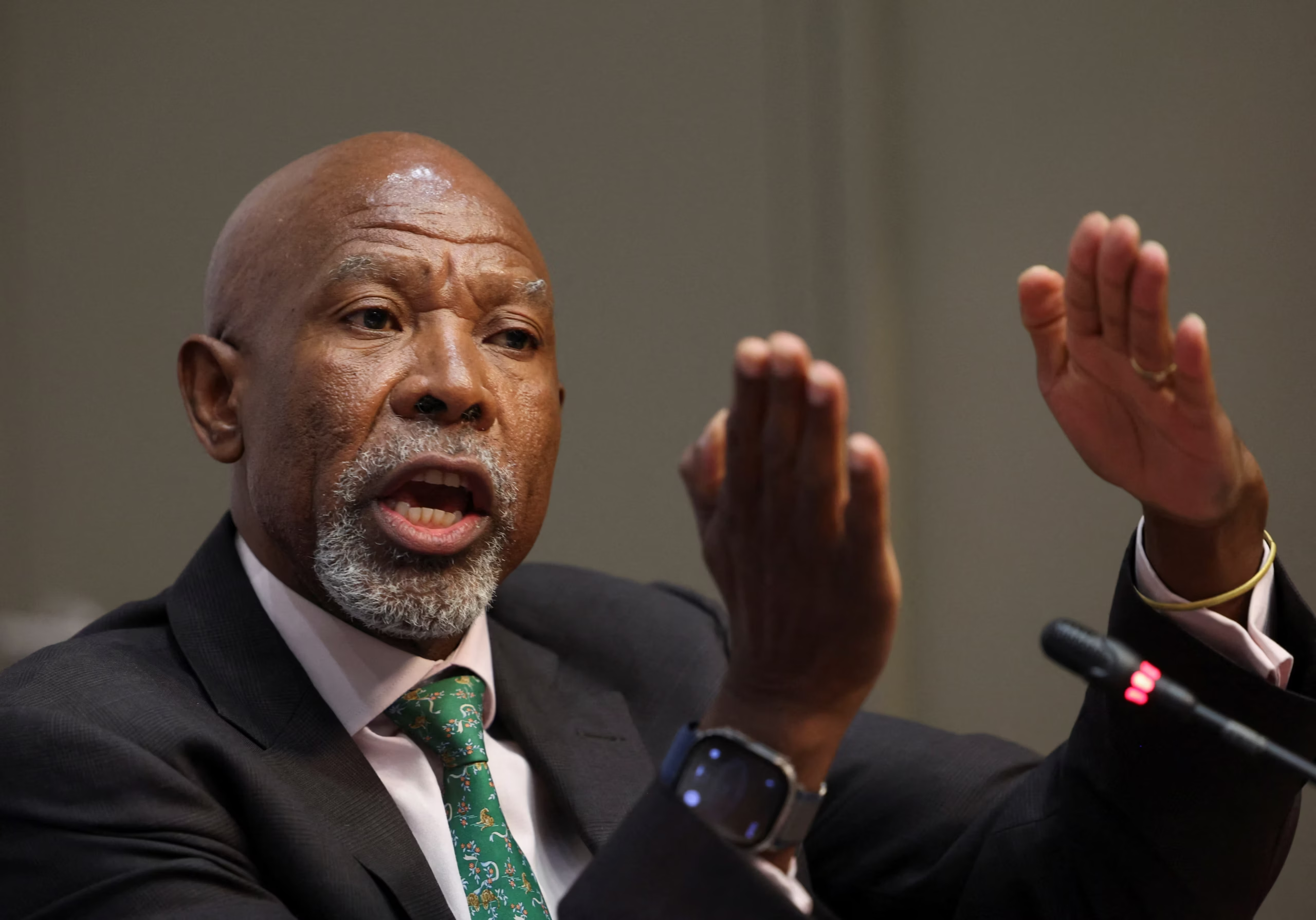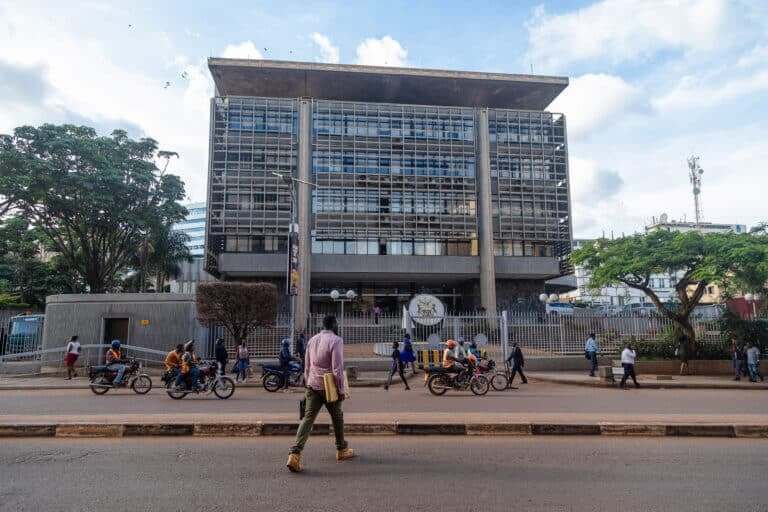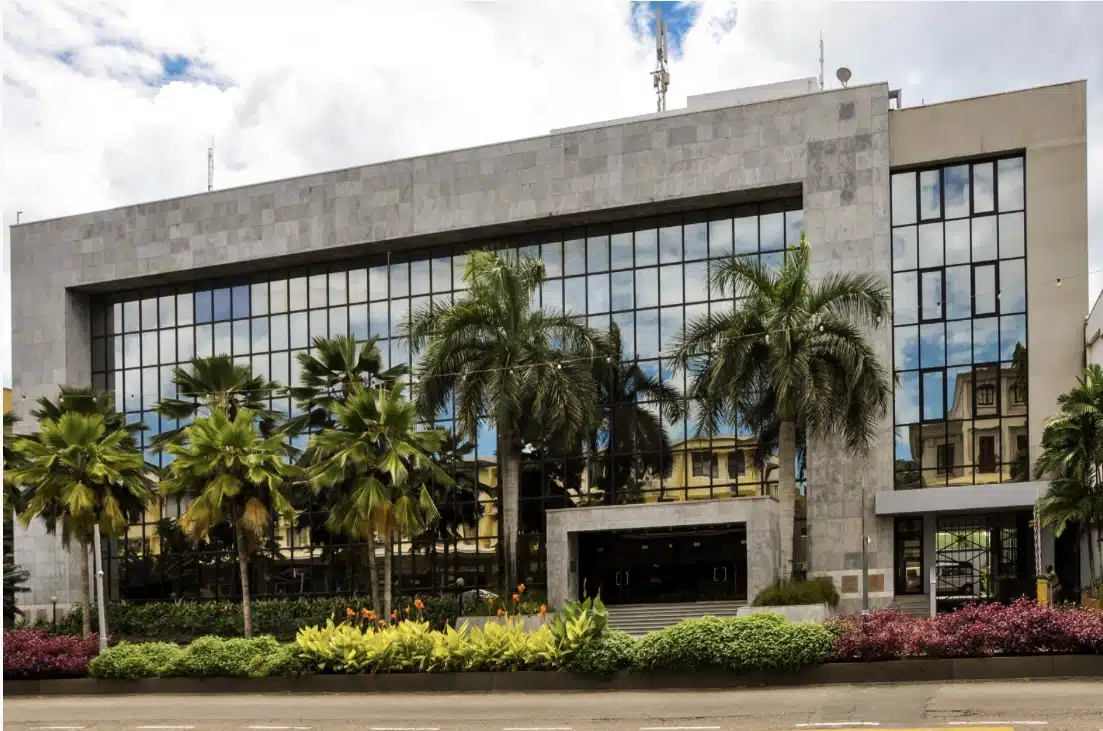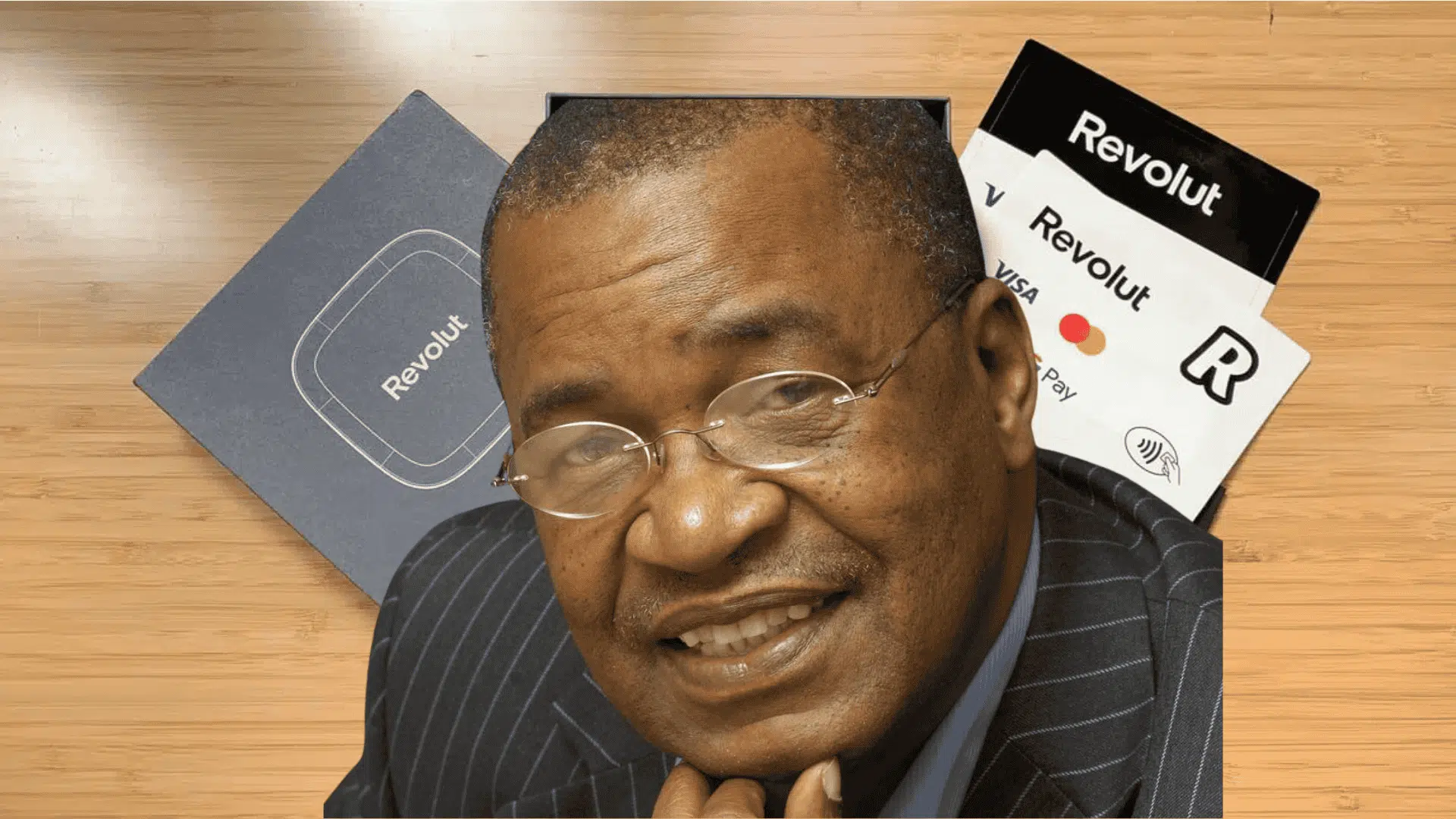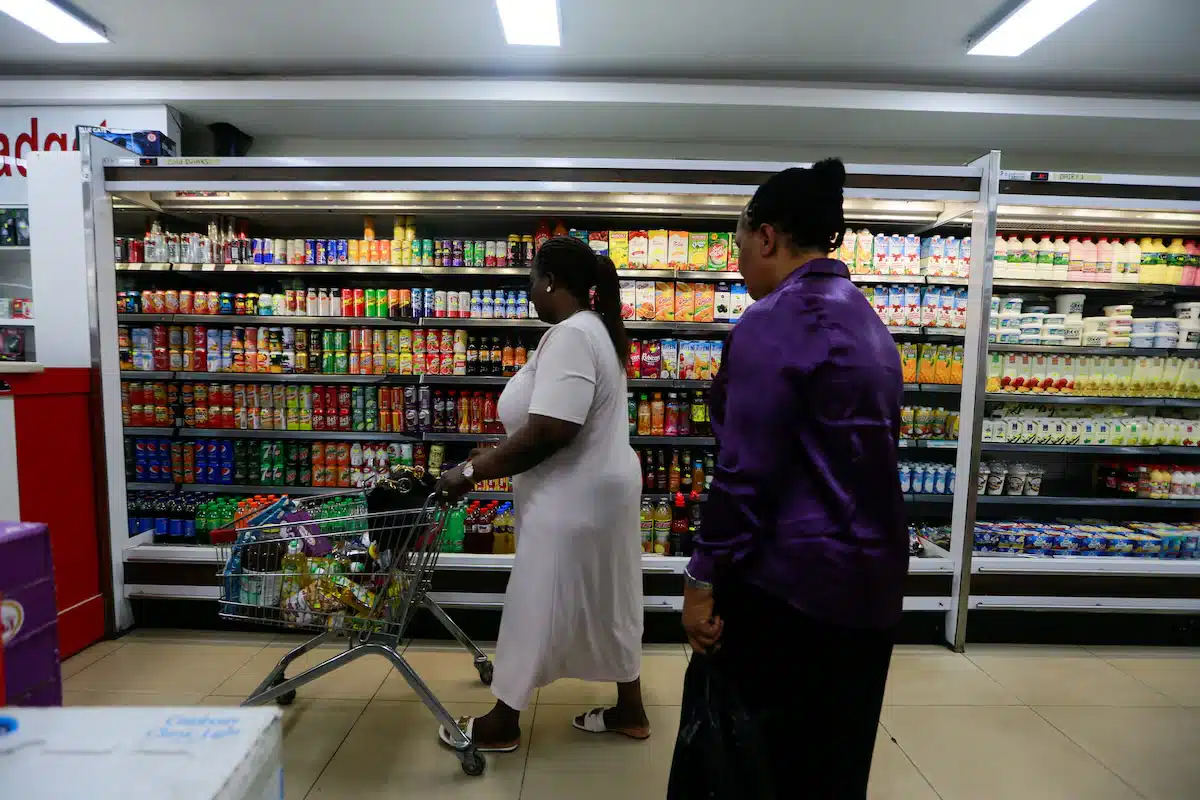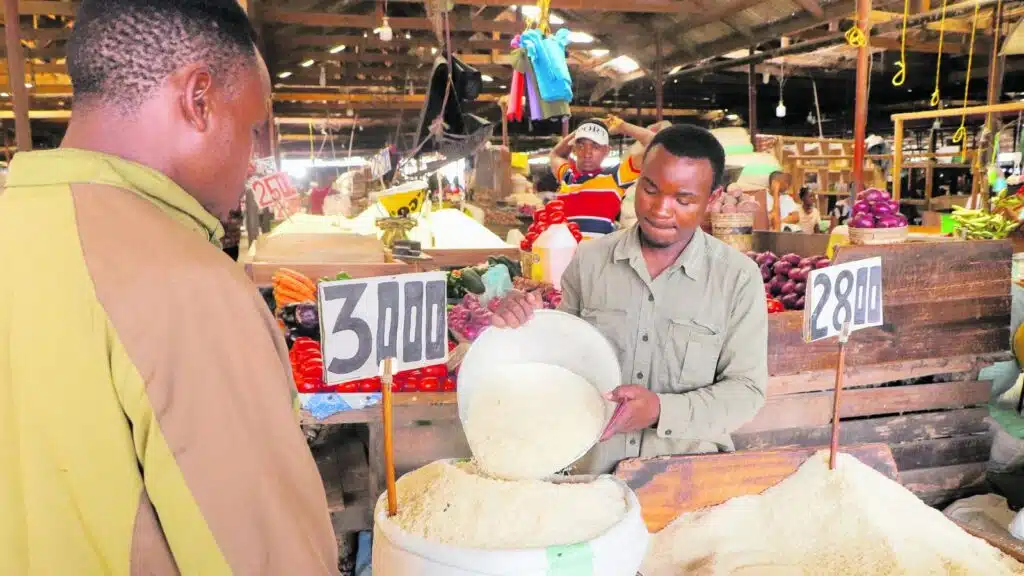The Central Bank of Nigeria (CBN) has left its benchmark interest rate unchanged at 27.5% for the third consecutive time this year, citing persistent inflation risks and global economic uncertainties.
The decision, announced by CBN Governor Olayemi Cardoso following the Monetary Policy Committee (MPC) meeting on Tuesday, mirrors a similar move by Egypt earlier this month.
The Central Bank of Egypt kept its key lending rate at 25% at its July 10 meeting, flagging continued inflationary pressure and uncertainty over its recent value-added tax (VAT) amendments. The was the CBE’s first hold announcement since February 2025.
Nigeria’s decision comes despite a recent easing in headline inflation.
According to official data, consumer price growth slowed to 22.2% in June — the third straight monthly decline and the lowest level recorded this year.
On a year-on-year basis, inflation dropped sharply from 34.2% in June 2024, largely due to base-year effects and a deceleration in food prices.
Still, the CBN said the outlook remains uncertain, pointing to geopolitical tensions, exchange rate volatility and global supply chain disruptions as key risks.
“Given the persistent uncertainty in the (global) policy environment and underlying price pressures, monetary policy will need to maintain its current stance until risk to inflation recedes sufficiently,” Cardoso told reporters.
All other policy parameters were left unchanged.
The Cash Reserve Ratio (CRR) was retained at 50% — the highest in the world — and the liquidity ratio at 30%.
The central bank expects inflation to continue trending downward in the near term, supported by tighter monetary policy, relative exchange rate stability, declining fuel prices and the upcoming harvest season.
External reserves rise to $40.1bn
The rate decision coincides with signs of improvement in Nigeria’s external position.
The country’s foreign reserves climbed to $40.11 billion in mid-July, up from $38.9 billion in May, driven by stronger capital inflows, rising non-oil exports, increased oil receipts and a significant decline in imports.
This reserve level represents approximately nine months and 15 days of import cover, Cardoso said.
It is also the highest since November 2024 when reserves briefly touched $40.2 billion.
He added that the rise reflects the effectiveness of the bank’s efforts to rebuild buffers and stabilise the economy.
Mixed reactions from analysts
The CBN’s cautious stance was widely expected by market participants.
Speaking ahead of the meeting, Ambrose Omordion, CEO of financial services firm InvestmentOne, said: “With monthly pressure on consumer prices, the most probable outcome was a hold on the policy rate. It is unlikely we’ll see a rate cut before September.”
Stockbroking firm CSL also predicted a hold.
On the other hand, some market watchers have called for a loosening of the CRR to address tightening liquidity and support private sector lending.
Meanwhile, investment firm Afrinvest expects the central bank to resume rate cuts in the fourth quarter of year.
In a recent report, the firm projected a reduction of up to 150 basis points by December, provided the macroeconomic environment remains stable.
If realised, the cut would mark the first rate reduction in nearly five years.
With the next MPC meeting scheduled for September 22–23, 2025, the CBN says it will continue to monitor domestic and global developments to guide future policy decisions.

